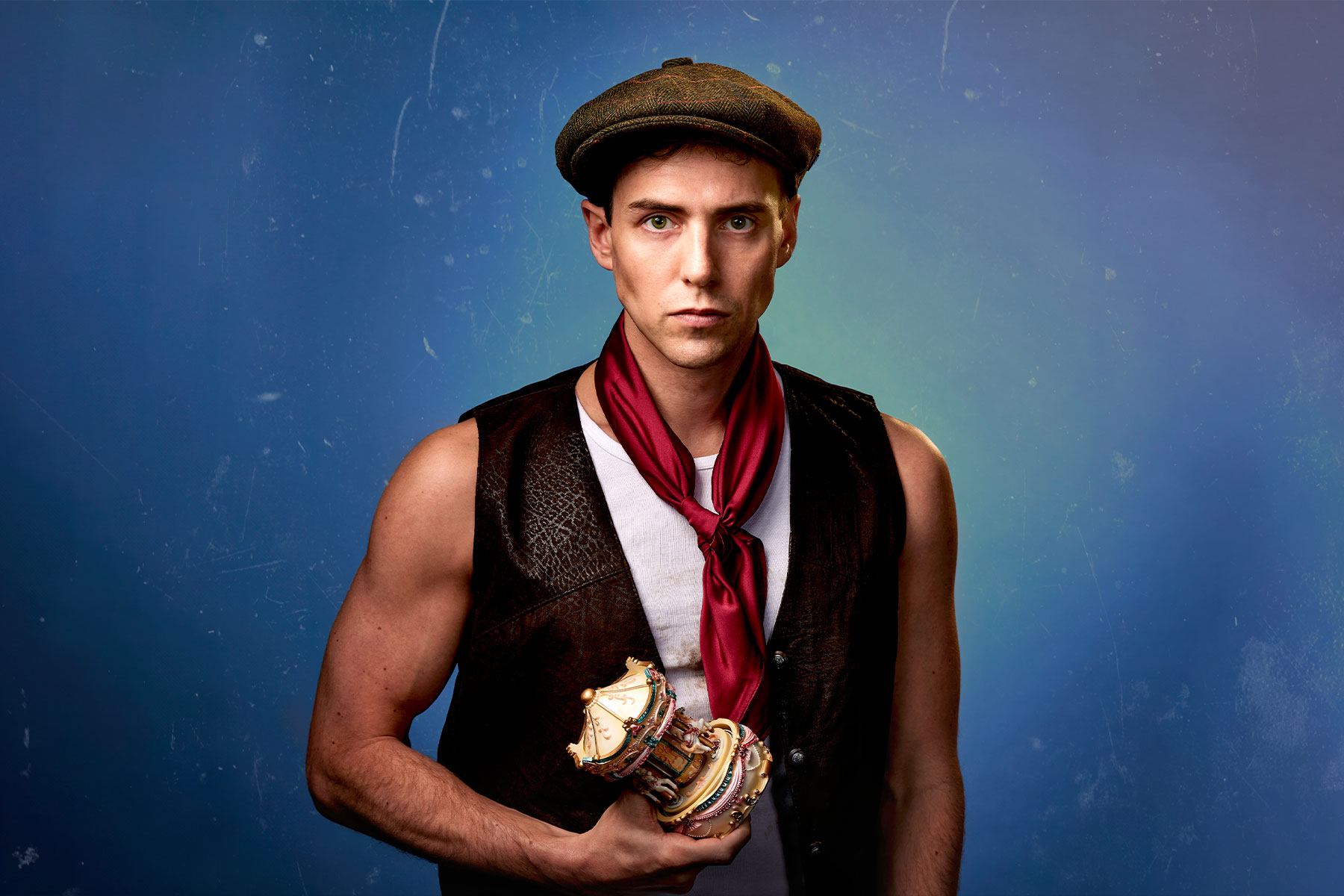Vassa
Vassa, Almeida at the Albery Theatre
Maxim Gorky gives new meaning to dysfunctional with his portrayal of family life in this 1911 play, now enjoying the Almeida revival treatment which has worked such wonders with Racine, O Neill and others. But the actions of this Russian brood make the soap operatic schemings of TV s Dynasty look positively tame – and a good deal more interesting.
While her abusive husband lies dying offstage, matriarch Vassa is struggling to keep the family business together. She s hindered by spiteful relatives, all of whom want to high-tail it as soon as the old man s will is read. The main contenders for the cash are Uncle Prokhor, who s sunk his own fortune into the business, crippled son Pavel and his dim-witted dandy brother Semyon, both of whom, now come of age, are due their inheritance. But Vassa has no intention of letting any lay their hands on so much as a kopek. To ensure they don t, she hastens the death of the first, exiles the second to a monastery and doctors her husband s will to keep the third firmly under thumb.
Meanwhile, everyone in the large cast of odious types are up to all sorts of hi-jinx. Infidelity, infanticide, illegitimacy, murder, torture, spying, corruption – it s a veritable pick-your-sin affair. Characters race around, conniving, at an almost farcical pace, but the result is more dizzying than exciting. For all of this action, very little seems to happen. Certainly, there s nothing approaching redemption here, nor much in the vicinity of character development. These folk start villainous and end that way too. You don t like them, don t want them in your living room and, frankly, don t care what the heck happens too them.
Director Howard Davies opts – in my opinion, wrongly – to emphasise the viciousness and melodrama, the result being an embarrassing clutch of overacted performances. Aisling O Sullivan, as Vassa s duplicitous (or should it be quadruplicitous?) daughter Anna, is the worst offender, but she s not alone. Hamminess is the order of the evening, with only Ron Cook as Prokhor and Adrian Scarborough as Semyon producing any amusement from their efforts. Sheila Hancock as Vassa is slightly more reserved, playing her monster with a shrill steeliness (you imagine she could roll the word ‘rue into an extended monologue). But while she can do wilful and weary, she can t manage sympathetic – or humorous.
Which makes you wonder – is this supposed to be a drama, a comedy or what exactly? It doesn t strike it rich on any count. All very theatrical, but not very good theatre. The Almeida can do a lot better.
Terri Paddock










